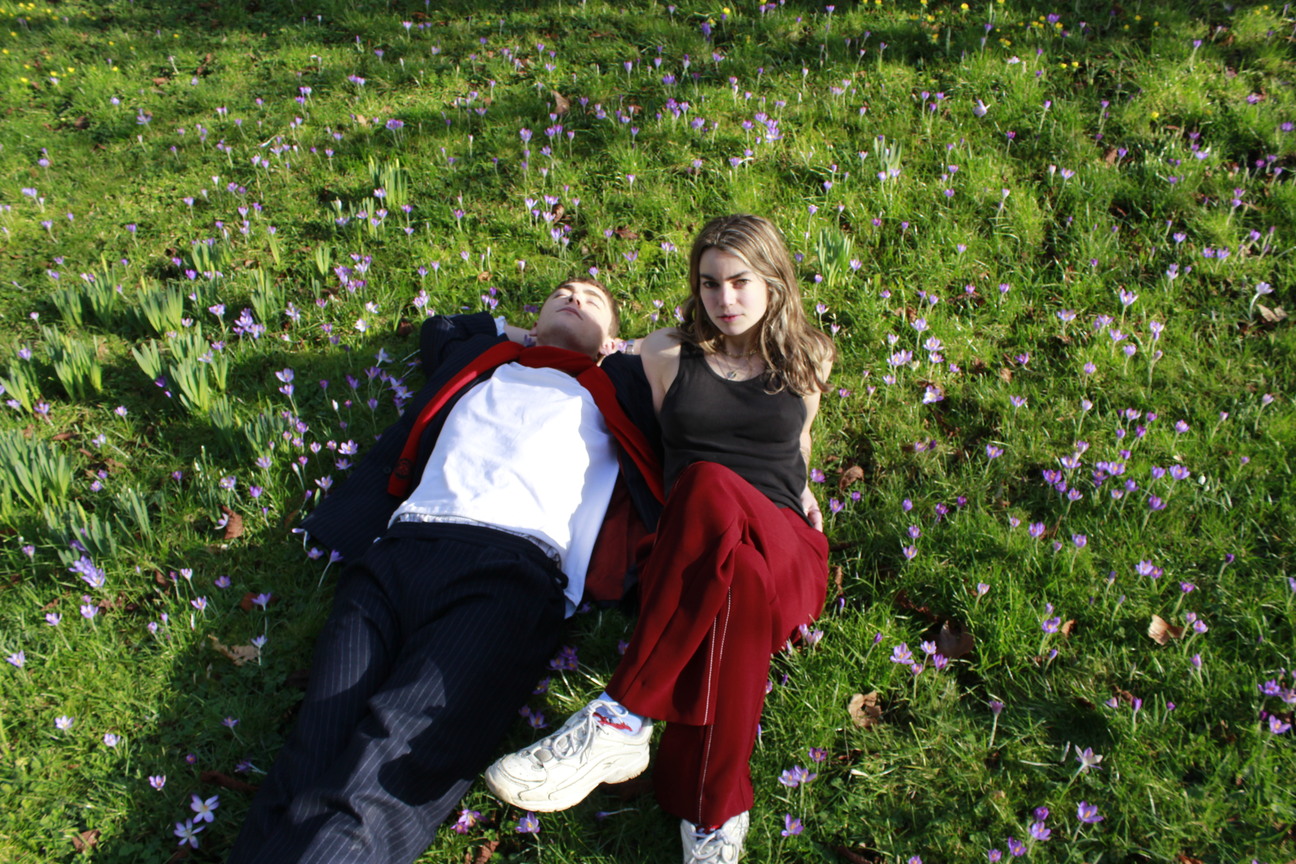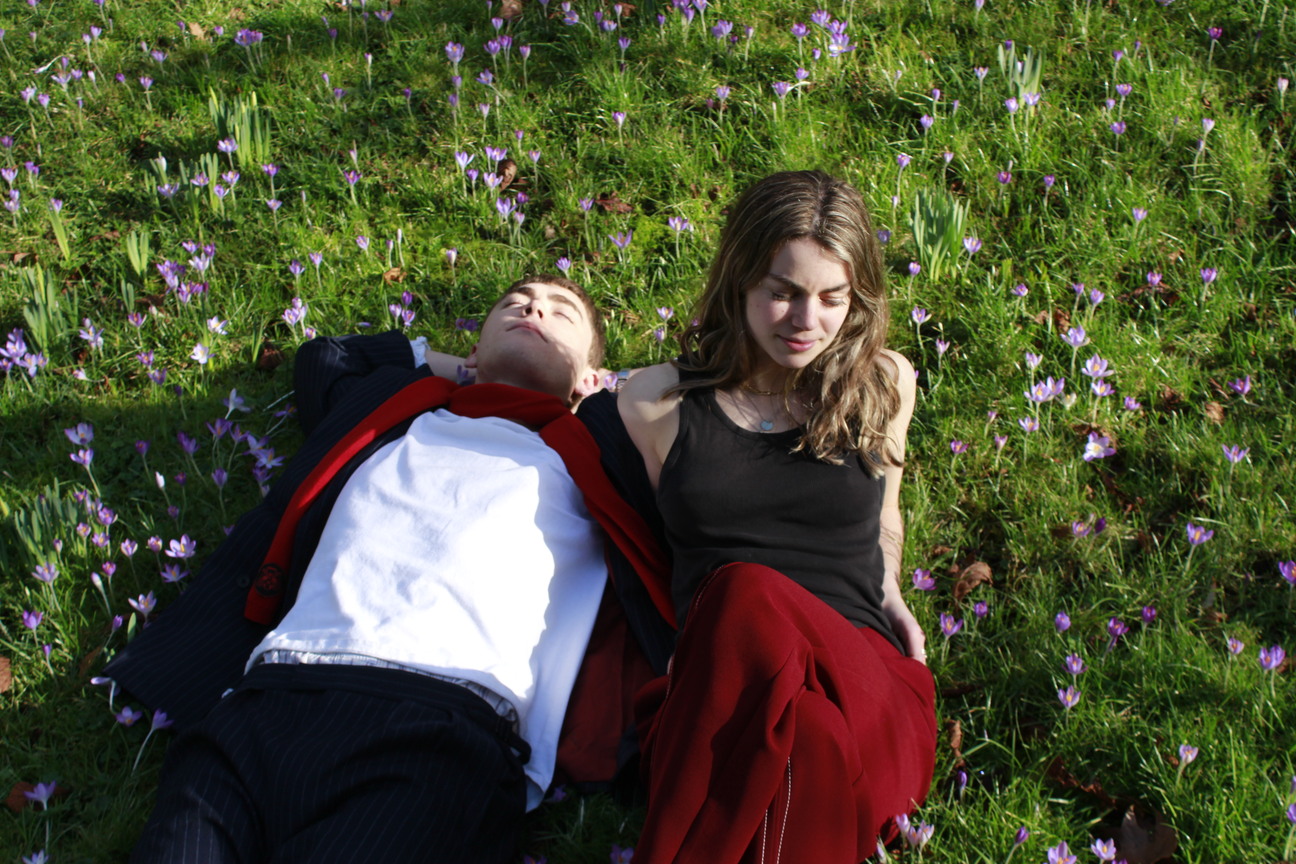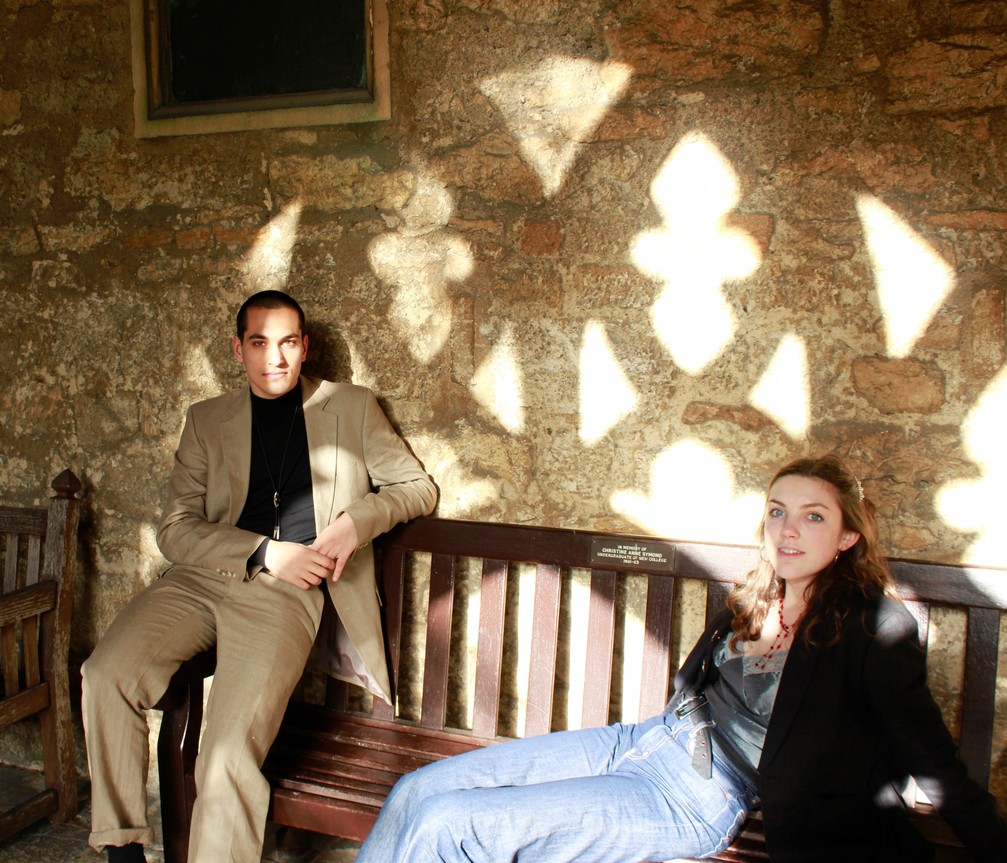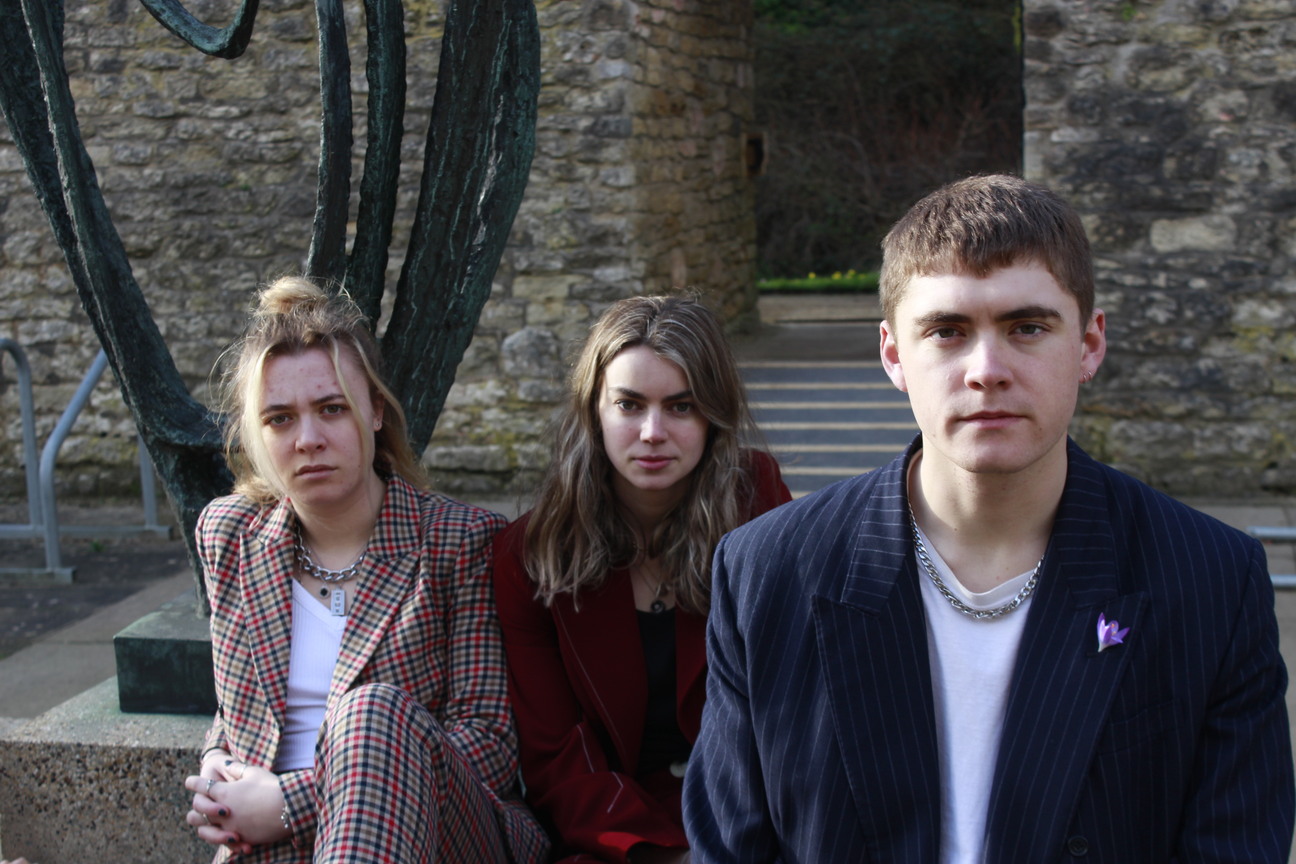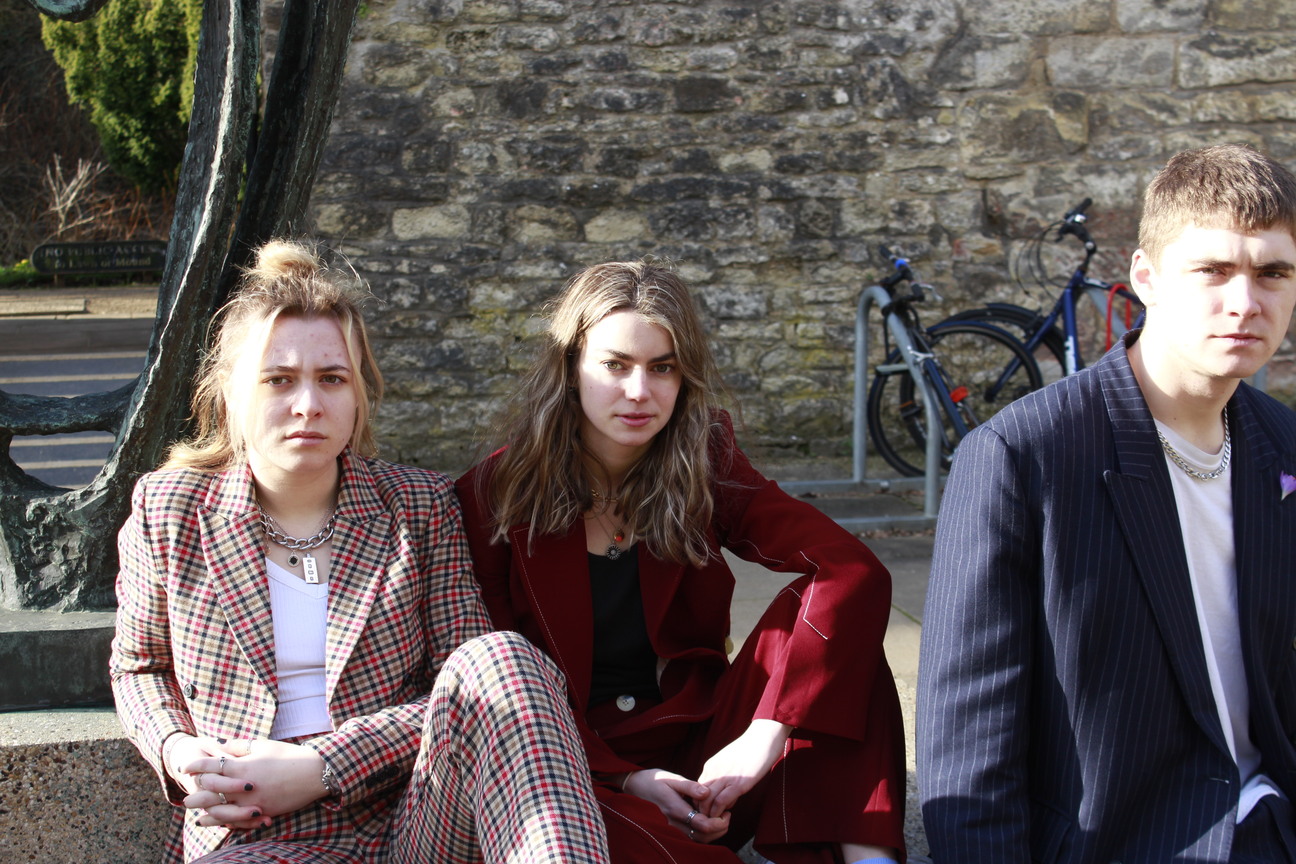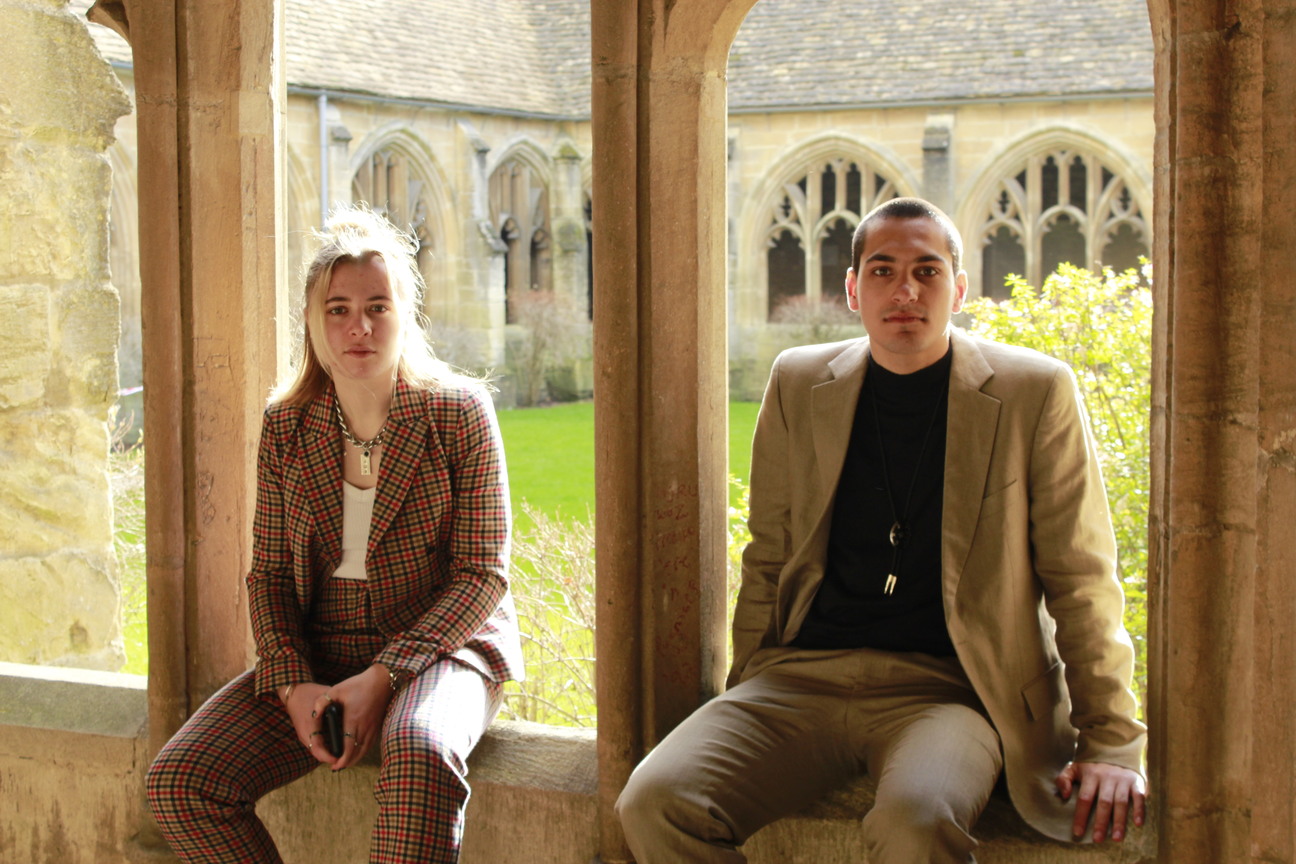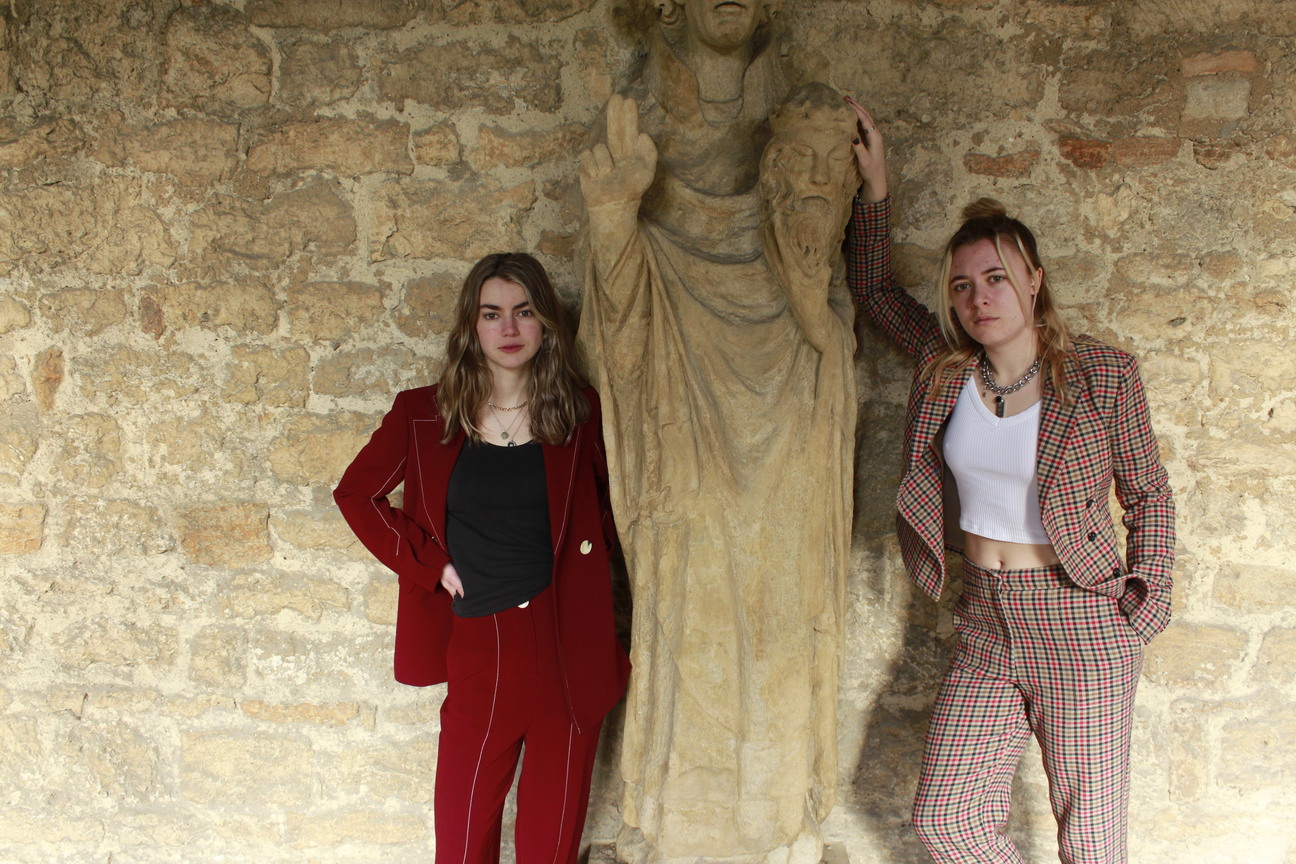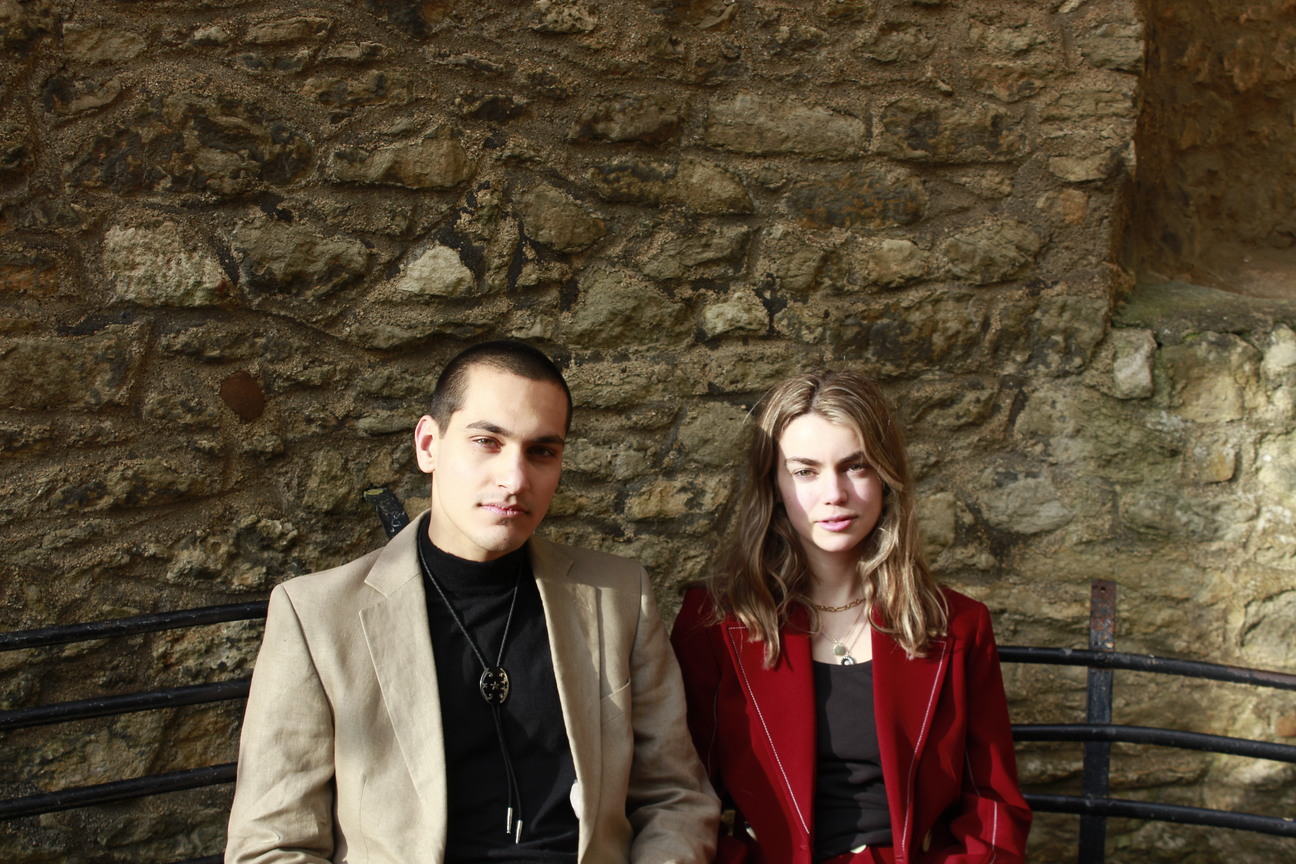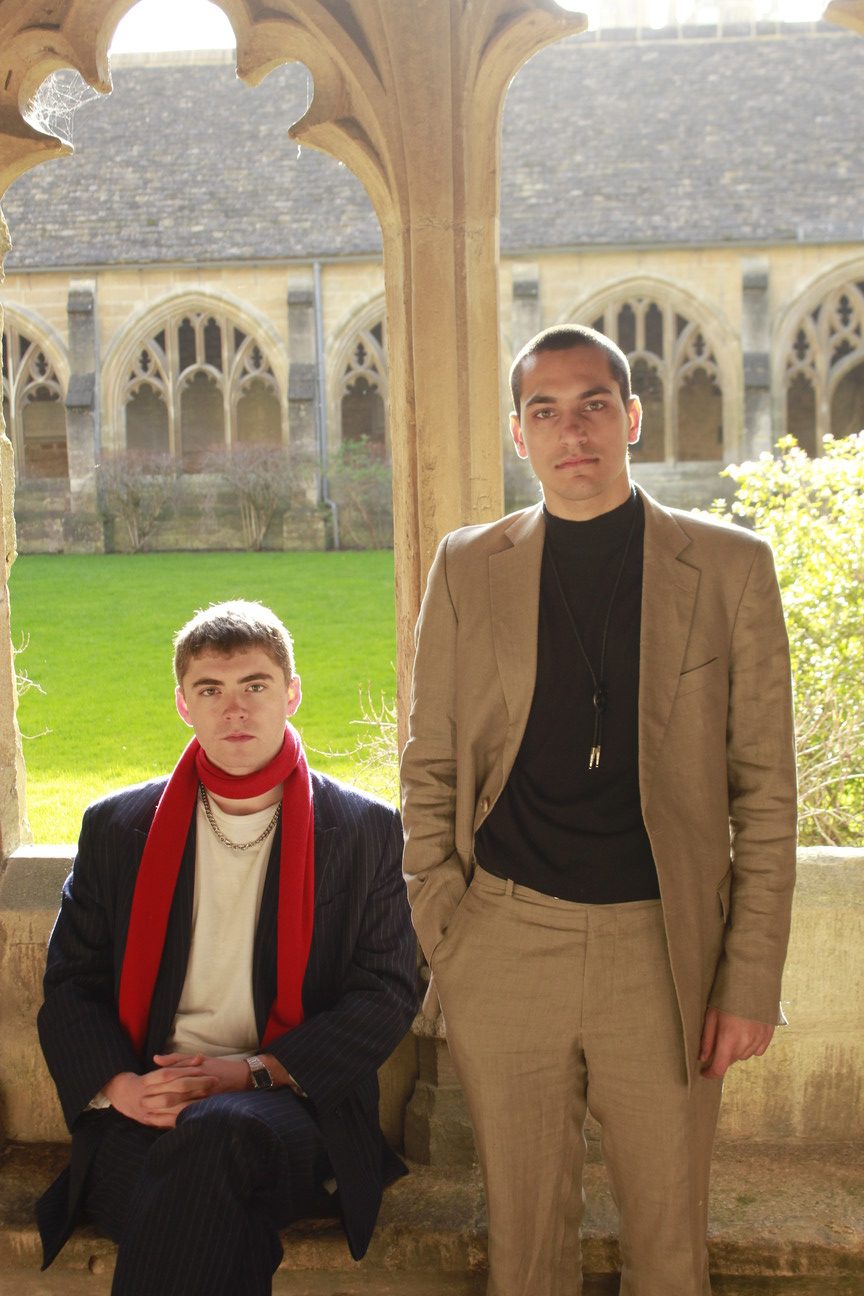“Anybody working in theatre now must be engaged with the question of whether it will survive”. It’s immediately clear from his first remarks in our conversation that Robert Icke is no stranger to facing controversial questions within the theatre industry and tackling them head on. When we meet on a rainy Wednesday at the end of term, what’s most striking about talking to Icke is the sense of responsibility he feels to produce great work that is still accessible to those new to the art form. His aim is to show the audience that theatre is theirs and that it can be “unsettling, exciting and dangerous” in order to build up audiences for the future.
Before his meteoric rise to fame, Icke explains that it was programmes like the National Theatre’s scheme of £10 tickets that introduced him to theatre in the Capital. As a director, he has played a great part in creating the same opportunities for young audiences today. Take his critically acclaimed Hamlet which premiered at the Almeida and subsequently transferred to the Harold Pinter Theatre in the West End.
At the Almeida, where until recently he was Associate Director, Icke sought sponsorship so that all performances in the final week could be taken off sale and made free for young people. Icke’s radical idea didn’t just impact the audiences but also had an effect on the cast. He explains that “the actors had the best week of playing I think we ever had. I’ve never seen Juliet Stevenson so excited!” This active engagement from all quarters proves Icke’s commitment and power in his chosen career. His approach has resulted in better theatre because the audience demographic is varied – “Audiences are always better when they’re mixed, nobody feels quite as safe. It doesn’t feel as homogeneous and so you have a better evening. Lots of different perspectives feed into the play.” This tactic continued with Hamlet’s transfer to the West End. He ensured audience diversity here by literally bartering with the producers over which seats they could sell at full price and which he wanted for under £30.
Icke clearly knows what he wants and how to achieve it. Yet in terms of a career trajectory, he admits he has no formulated strategy. I expected Icke to have a complete career plan, including a list of plays and playwrights which he wanted to tackle, systematically checked off as he cleared each hurdle. Yet Icke professes a much more relaxed approach. “I just do things I want to do, things I think will be exciting. There’s just a strange harmony about it when it works, the right people at the right time, in the right theatre. You can go a bit crazy if you try and measure it too much and meter out what you’re going to do.” Icke’s career does, however, seem to have a organic pattern to it, creating work in the same vein many times, namely adaptations. Although Icke doesn’t classify himself as belonging to any particular genre, it’s hard to dismiss his skill as a writer and adaptor of classics.
From the bulk of Icke’s work as a director and writer, it would seem that one of his chief interests is making stories relevant to a contemporary audience. There’s almost a dichotomy between his wide understanding of the tradition of theatre and his desire to create contemporary relevance. In his 2016 version of Friedrich Schiller’s Mary Stuart, where the two actresses, Juliet Stevenson and Lia Williams, decided who played each main role by the toss of a coin, Icke was aware of the work of John Barton who utilised role-swapping in his production of Richard II 40 years earlier. “You become aware that you’re carrying on the work that these people have instigated and that’s very moving. And the ancient Greeks are a big picture version of that; going back to the start of the theatre and trying to understand what is essential in it”. And that’s the key. Finding the essential component, the motivation behind the play, and establishing its relevance to today’s audience.
Icke isn’t precious when it comes to radically adapting old masterpieces. Take his critically acclaimed Oresteia, which premiered in 2015. Here, on top of developing the original Aeschylean trilogy, Icke penned an additional 70 minute prequel to describe the events leading up to the sacrifice of Iphigenia and the act itself. While some would question this radical departure from an original masterpiece, Icke knows it’s necessary and is acutely aware that the primary responsibility of the storyteller is to tell the story to the people who are there. “Even if we did it in exactly the way that the Greeks did (which is an impossibility anyway), there’s not going to be an audience from 458BC, in the same way that if we were to recreate the original performance of King Lear, there isn’t going to be an audience from the seventeenth century. Even if you get it exactly right, every detail perfect, none of us would know. Why this weird fetish of doing it like it was done then? What is deeply valuable about that, other than as a museum exercise?”. Indeed, Icke speculates that our obsession with the original idea has only really happened since copyright law. After all, in reality, most plays are just adaptations of predecessors. Look at the ancient Greek tragedians with Homer, where the story is fluid; it can be retold and the characters remade.
Icke’s devotion to the theatre is obvious, yet his radical, pioneering approach has not allowed him to be elitist about the art form. While some in the industry might consider platforms like Netflix to deflect attention from theatre and reduce people’s interest in it in general, Icke is able to see the bigger picture. He is acutely aware that current-day younger audiences might prefer Netflix for their entertainment. However, whichever you prefer, it is true that “good stories tend to yield better stories.” One platform which cultivates “good work is not the enemy of other good work.” Icke’s aim seems to be to keep theatre alive and open to all. And if Netflix or other platforms can aid him in that goal that is all to the good.



